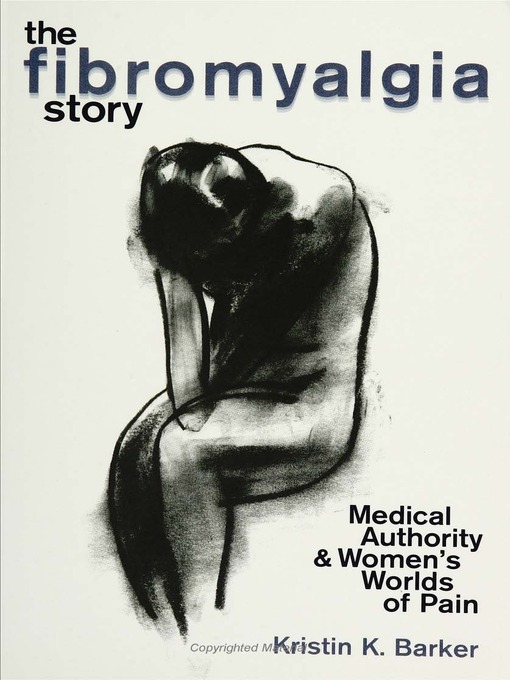More than six million Americans—most of them women—have been diagnosed with fibromyalgia syndrome (FMS), a disorder that produces musculo-skeletal pain and fatigue. In the absence of visible evidence, a well-understood cause, or effective treatment, many have questioned whether FMS is a "real" illness. Amidst the controversy, millions of women live with their very real symptoms.
Rather than taking sides in the heated debate, Kristin Barker explains how FMS represents an awkward union between the practices of modern medicine and the complexity of women's pain. Using interviews with sufferers, Barker focuses on how the idea of FMS gives meaning and order to women beset by troubling symptoms, self-doubt, and public skepticism.
This book offers a fresh look at a controversial diagnosis; Barker avoids overly simplistic explanations and empathizes with sufferers without losing sight of the social construction of disease and its relation to modern medical practice.

